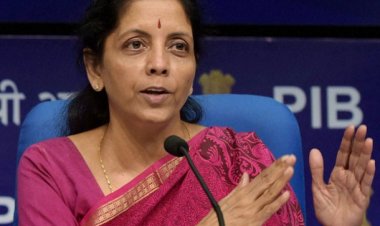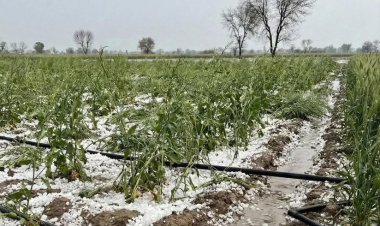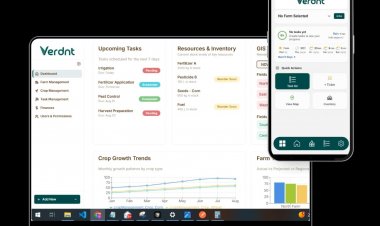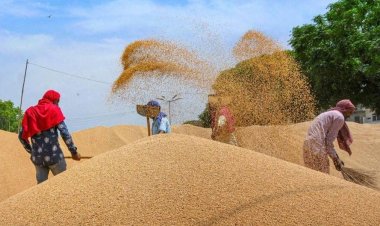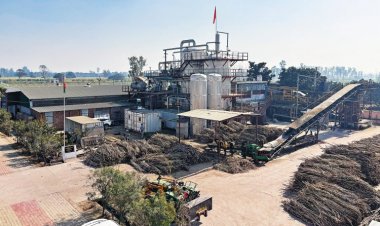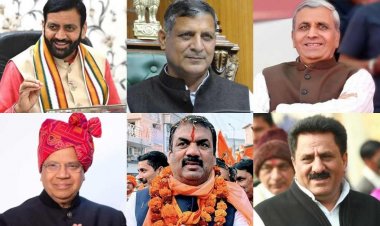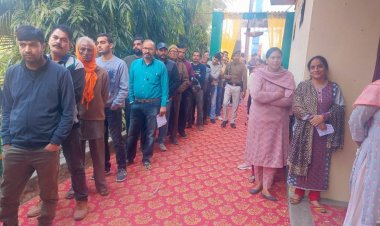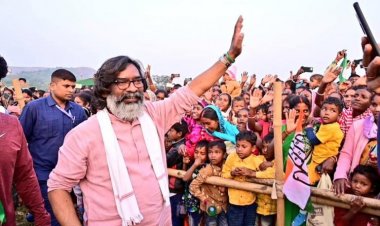Economic Survey: Agriculture to Drive India's Economic Growth
The Economic Survey 2023-24 can be called an honest confession along with an attempt to overturn the theory of economic liberalization. The survey believes that agriculture has the potential to become the growth engine of India provided some necessary policy changes are made
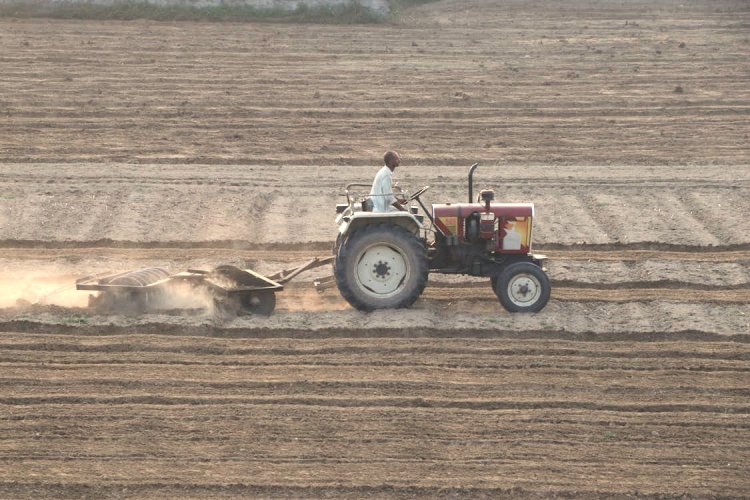
The Economic Survey 2023-24 can be called an honest confession along with an attempt to overturn the theory of economic liberalization. The survey believes that agriculture has the potential to become the growth engine of India provided some necessary policy changes are made.
Along with this, it has also been accepted that the theory of global economy, which argued for burdening out agriculture by taking people out of agriculture to industries and service sector through industrial growth, is not possible in the current scenario. On the contrary, India has an opportunity to give the world a new model of growth in which the country can be placed in the category of developed countries through agricultural growth. These things have been said in the Economic Survey of 2023-24, placed in both the houses of Parliament on July 22 by Finance Minister Nirmala Sitharaman.
According to the data given in the survey, now 89.4 percent of the farmers in the country have less than two hectares of land. That is, the number of small and marginal farmers has now increased to about 90 percent. An important point has been made that just as the entire economy of China benefited from the growth of agriculture and the demand for products and services increased, we can also avail that opportunity. The announcement made by Prime Minister Narendra Modi in 2016 to double the income of farmers in six years seems to have been taken from the Chinese model, where the real income of farmers doubled in six years between 1978 and 1984. The industrial revolution was possible there only due to the demand for products coming from small farmers.
The Economic Survey has discussed employment at length and also talks about increasing challenges in the manufacturing sector due to changing manufacturing, technology, AI and geopolitical scenario. Although it has been said that most of the jobs will come from the private business sector, but it also comments that the investment of the private sector is not growing at the pace it should and the private sector will have to show more activism regarding job creation. But despite all this, the survey seems to have a lot of faith in agriculture. It says that this situation asks us to go back to traditional knowledge. Can the agriculture sector show the way for this? By returning to our roots, we can attract urban youth towards agriculture as an attractive and more productive sector through agricultural production process and policy making, by taking steps to increase the income of farmers through high value production, food processing opportunities and export promotion.
The survey has accepted that there are benefits of Minimum Support Price (MSP) and through this, farmers can be encouraged for crop diversification. This can be seen in the 23 crops for which there is a provision of MSP. Along with this, states can also be given additional incentives for this. It has been accepted that it is not possible to increase the income of farmers only by the production of crops, we will have to promote production like horticulture, dairy and poultry and meat.
The survey also talks about the increased use of chemical fertilizers and for that, questions have been raised on the provisions of fertilizer subsidy, such as the farmer's landholding record not being linked with the POS machine. It has been said to find a solution to issues like no limit on the quantity of fertilizers on the Aadhar card and for that, it has been said to look at Agri Stack as an option. Along with this, organic farming has been advocated. Along with this, it has been said to increase investment on research and increase private investment.



 Join the RuralVoice whatsapp group
Join the RuralVoice whatsapp group


















